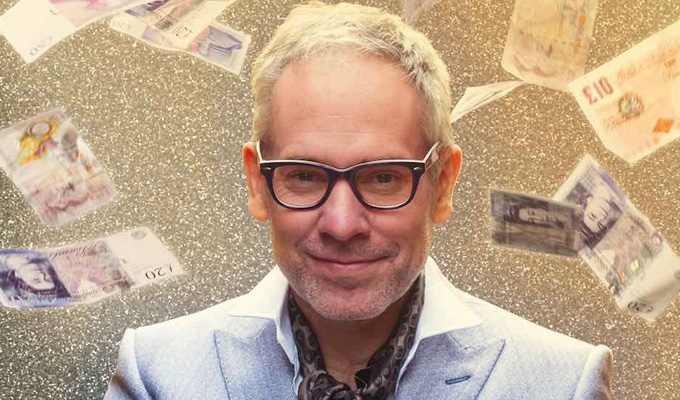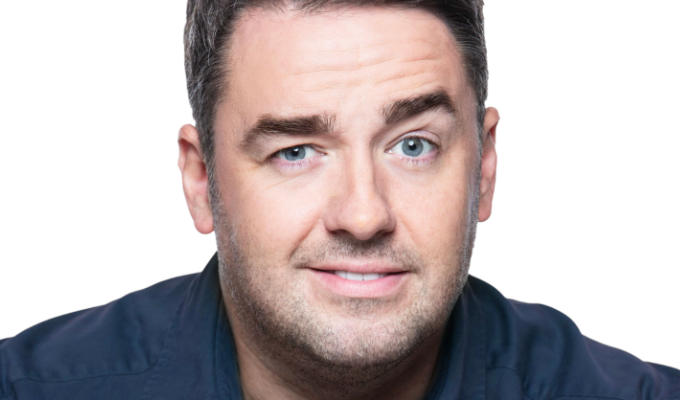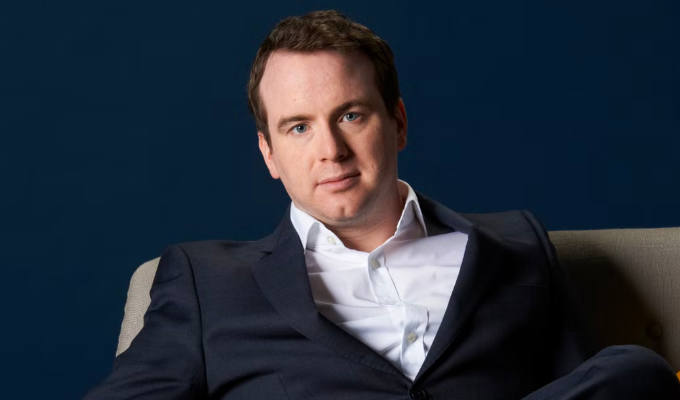
The economics of the Edinburgh Fringe
It shows the glory of an unregulated free market, says Dominic Frisby
When the Olympics or the World Cup is on telly, the whole world – or a large part of it – is watching. Not so with Edinburgh. How do you televise Edinburgh, beyond showing highlights? You can’t. The festival is too dispersed. But, because it isn’t televised, many, beyond the bubble of Edinburgh bubble itself, don’t realise just how big an event the festival is.
Last year there were more than 4.5 million visitors to the city. Only the Olympic Games and the World Cup sell more tickets, and they happen once every four years. Edinburgh is annual. What’s more, those calculations don’t take into account the plethora of free shows, which go unticketed. One statistic I read yesterday claims there as many as 2,500 free shows. The scale of the festival is stupendous.
It’s amazing to watch this economy at work. Thousands of performers descend on the city every August, all greedy for success, all competing to get noticed. Walk through Teviot Square or up the Royal Mail and you see this economy at work. You’re bombarded with flyers. There are buskers and street performers everywhere. Many are in costume, performing extracts from their show, doing things they would never normally do to get publicity. Everyone wants that most precious commodity: your attention.
Elsewhere, some pay for advertising. But what advertising do you use? Magazines, brochures, posters, social media? There are so many different media to chose from, so many decisions to be made. Endless amounts of time, money energy and creativity go into the design of a flyer that, in most cases, will end up in a bin. That’s often before work on the show itself has even started, yet flyers have become an art form in themselves.
Some do free compilation shows to get the word out. Others hope and pray for the invaluable publicity that is a positive review in a well-read publication. Some will attempt the wildest of stunts. It is hustle, hustle, hustle. It’s not unheard of to resort to the casting couch, if it benefits the show in some way. Performers will do anything. Almost.
Elsewhere thousands of Small and Large businesses have emerged around the festival. It creates work, business or opportunity for flyerers, techies, camera men, graphic designers, journalists, restaurateurs, bar owners, landlords, even psychologists and counsellors, I’ve no doubt.
If Margaret Thatcher, Adam Smith or Friedrich Hayek were watching they would glory in this free market at work. Everyone is out for themselves, and yet there is huge camaraderie. You can be rubbing shoulders with a student one moment, an Oscar-winner the next. If one performer is having a hard time, you can be sure others will help him out in some way. There is no higher authority providing compulsory care. Everything is voluntary. Nobody is forcing anyone to do anything – except to turn up their show on time and not overrun.
The more successful performers do not have 45 per cent of their audiences taken from them and re-distributed to other more deserving or needy acts. It is known that, in most cases, a performer has worked hard to get where he or she is, they’ve done their hard yards, and the reason they are where they are is that they’ve played the game well. Injustice and inequality are everywhere, but it is an accepted norm in this world. The answer is to work harder and get better. ‘Control the controllables,’ as my agent, Christian Knowles, always says, and don’t let the uncontrollables upset you.
At one point early in the century it looked liked the trinity of the Pleasance, Assembly Rooms and Gilded Balloon had taken almost total control of the fringe. They were the place to be and they were unassailable. But along came the Underbelly to mount a challenge.
Around the same time, the festival had become impossibly expensive for performers. Many left with their shows selling well to find themselves with debts of over ten grand to their agents or producers. Many shows simply weren’t worth £10. Performers felt inhibited in their experimentation by high ticket prices. The market, in the form of Peter Buckley Hill, found a solution with the Free Fringe. Suddenly, thousands of pounds of costs were avoided simply by passing a bucket round at the end of a show.
The model was so successful others soon followed: Alex Petty, Bob Slayer and Darrell Martin, among others, all adopted and adapted it in some way. Performers won awards on the Free Fringe. Big name acts began abandoning the big venues. If they really like the show, audiences will on occasion actually leave more than the ticket price at big venue.
Audiences love the excitement of the Free Fringe. They love going to see a show about which they know nothing. There is not the risk of forking out large amounts for tickets. Performers love it because the financial pressure on them is so much lower.
The net result is more shows and better shows. The Free Fringe has actually helped the big venues, because it has made Edinburgh better and thus attracted more people to the City.
Edinburgh is astonishingly competitive. ‘If you can make it here, you can make it anywhere,’ sang Frank Sinatra about New York. He may as well have been singing about the Scottish capital in August. There is everything – good and bad – about the entertainment industry here, but distilled. Just as football players, more than anything else, want to play at the World Cup, so do performers want to play – and shine – at the Edinburgh Festival.
The end result of all this competition is artistic brilliance: fantastic show after fantastic show, year in year out. It’s perhaps the world’s most telling example of the power of an unregulated free market at work.
And, yet, the irony is, most of the entertainment industry is inherently opposed to the idea of free markets and competition. They need their heads examined.
• Dominic Frisby’s Financial Gameshow is on at the Gilded Balloon at 5pm, until August 26.
Published: 11 Aug 2018






